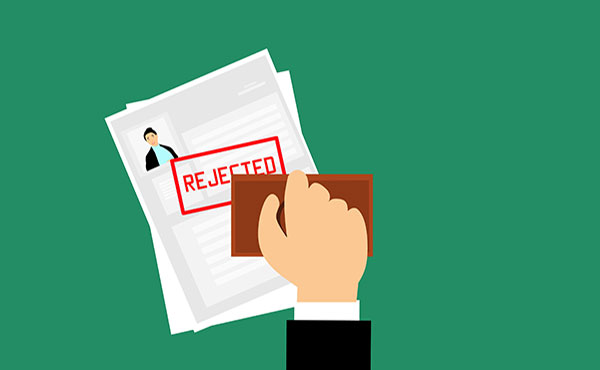Your health insurance policy is usually valid for a period of one year from the date of registration. Before or as soon as this period is over, you need to renew your policy in order to keep enjoying the benefit of continued coverage.
Here are 6 things you need to keep in mind:
- Never procrastinate when it comes to policy renewal. If you forget to renew it by the last date of your policy, remember to at least finish the renewal before the “grace period” expires. Note that the “grace period” is only for renewals, and you are not covered on these days. A medical emergency during this period can be devastating.
- Whether or not you have made any claims in the last year, you have invested in the policy, month after month. If you decide not to renew it, you lose out on benefits like no-claim bonus and coverage on health checkups. Some insurance companies may even increase the sum insured to you on renewal, without increasing your premium.
- Almost every policy has an initial waiting period of 30 days from the date of registration before it begins to cover your medical expenses. If you forget to renew your policy, you will be forced to re-register as a new policy and will need to wait another 30 days before the coverage kicks in.
- For treatment of pre-existing diseases and (in special cases) maternity, there is usually a waiting period of one or two years. If you miss out on renewing your policy on time, you also lose the one year you have waited and will need to begin your waiting period from Day 1 once again.
- Before the validity of your policy expires, consider other policies that may be available with the same insurance company or a different one. As per the Health Insurance Portability provision made by the Insurance Regulatory and Development Authority of India (IRDA), you can transfer from one policy to another without losing out on no-claim bonus, waiting period and the like. However, this can only be done if you apply for the transfer well before expiry as there may be some processing time required.
- The policy you opted for one year ago may seem obsolete now as your family may have changed (if there has been a birth or death), or if you feel that your medical needs are now different. This may leave you with a tendency to allow the policy to expire. Instead, we suggest that you use the last month of your policy period as an opportunity to revise your coverage, increase your sum insured or make any other changes you may need in terms of the policy in a timely manner without losing out on continued coverage.








